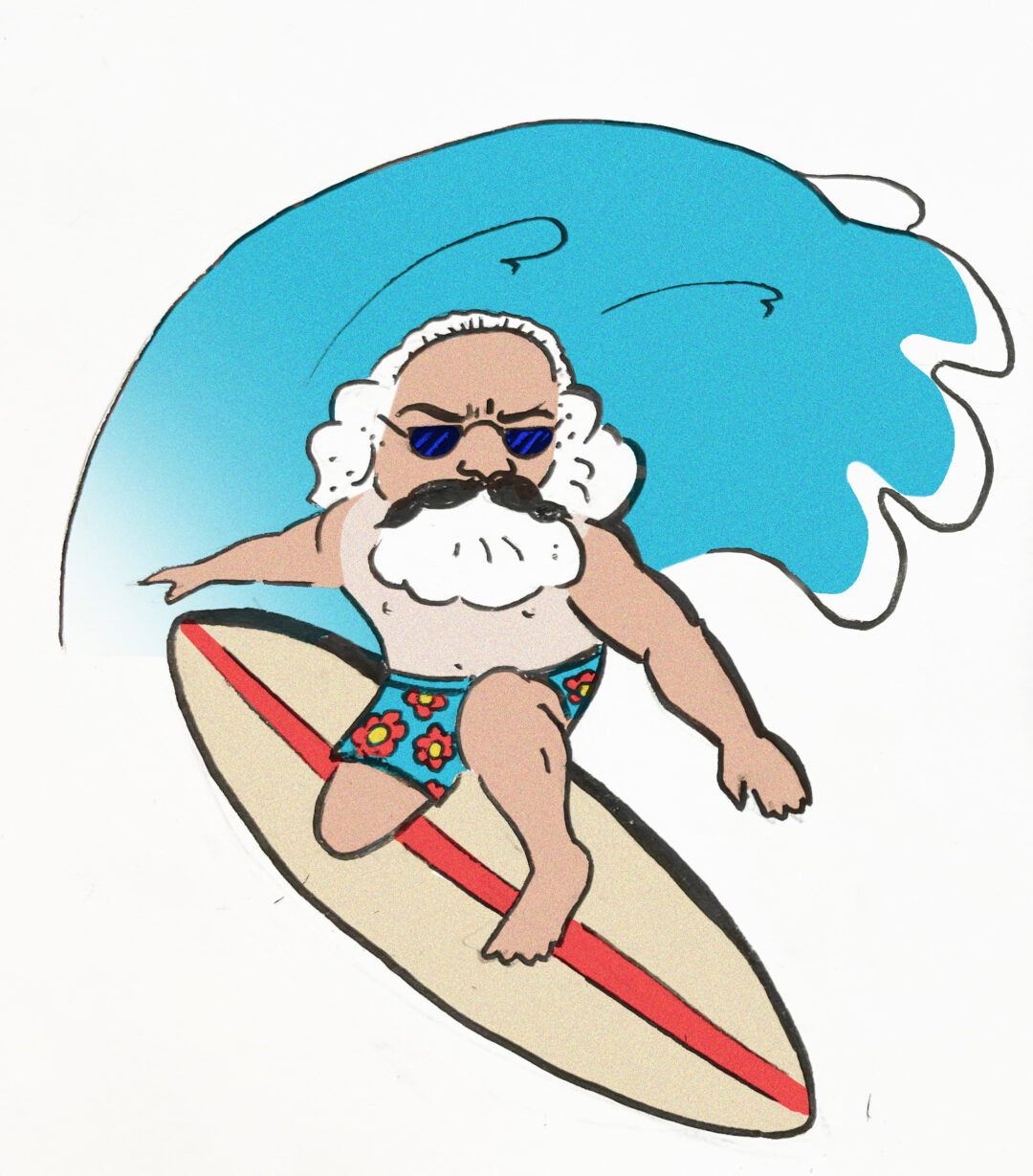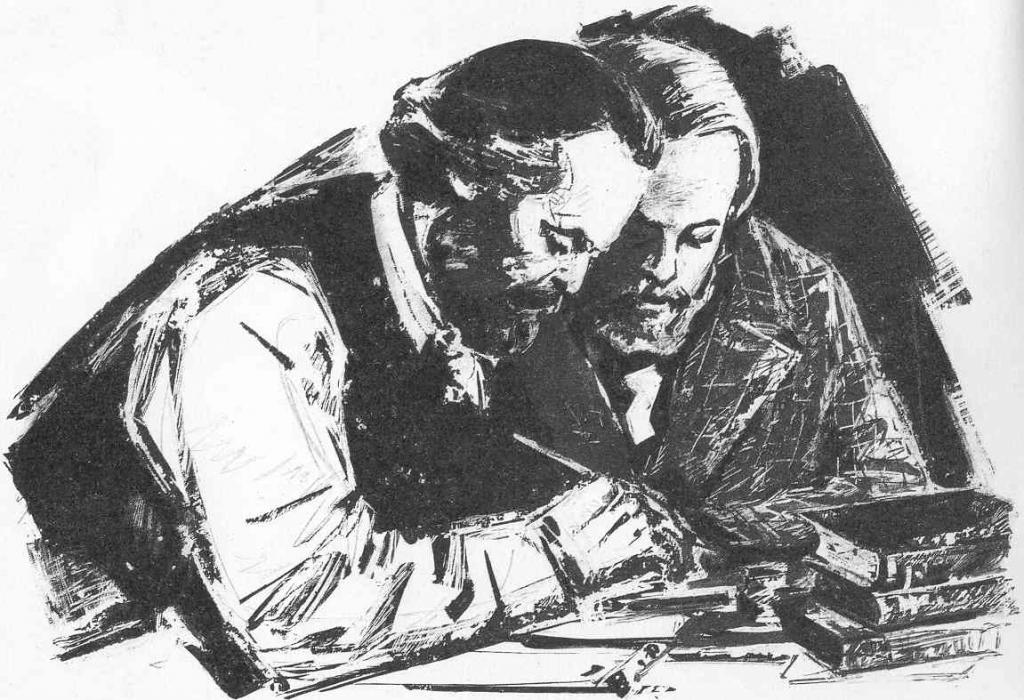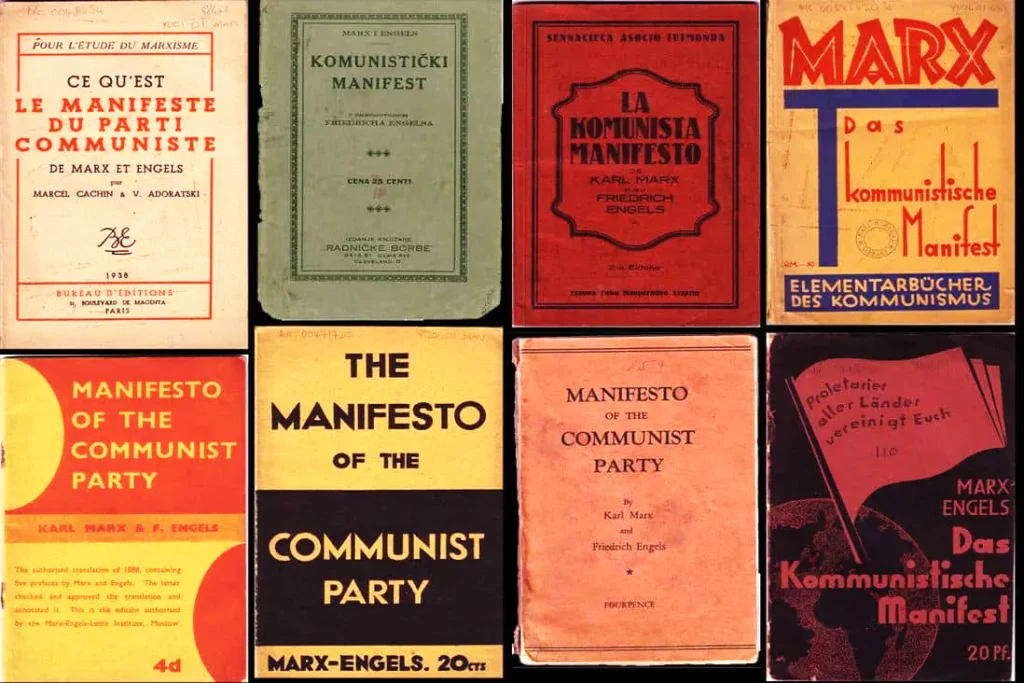The Melbourne Marxist Summer School is running over 5 weeks. It begins on Tuesday 27 January, then runs for the next 4 consecutive Mondays.
Each session will start at 6pm, and it will be hosted at the Red Flag Bookshop at 83 Sydney Rd, Brunswick.
Session One – Competition, Crisis, Waste and War: An Introduction to the Capitalist System
Capitalism is an a system based on structural inequality – houses are empty while people are homeless, we farm enough food to feed the globe many times over but people still starve.
This session is an introduction to what capitalism is, why there is a drive to accumulate more and more, and how that causes wars and crises.
Suggested reading:
Session Two – Understanding the capitalist state

What do socialists say about the state?
The capitalist state is made up of many parts: parliament, the police, the bureaucracies. It’s not a neutral body but one designed to manage and uphold capitalism.
This session will discuss what makes up the capitalist state, how it works, and how we should orient to it.
Suggested reading:
Session Three – Revolution and socialism
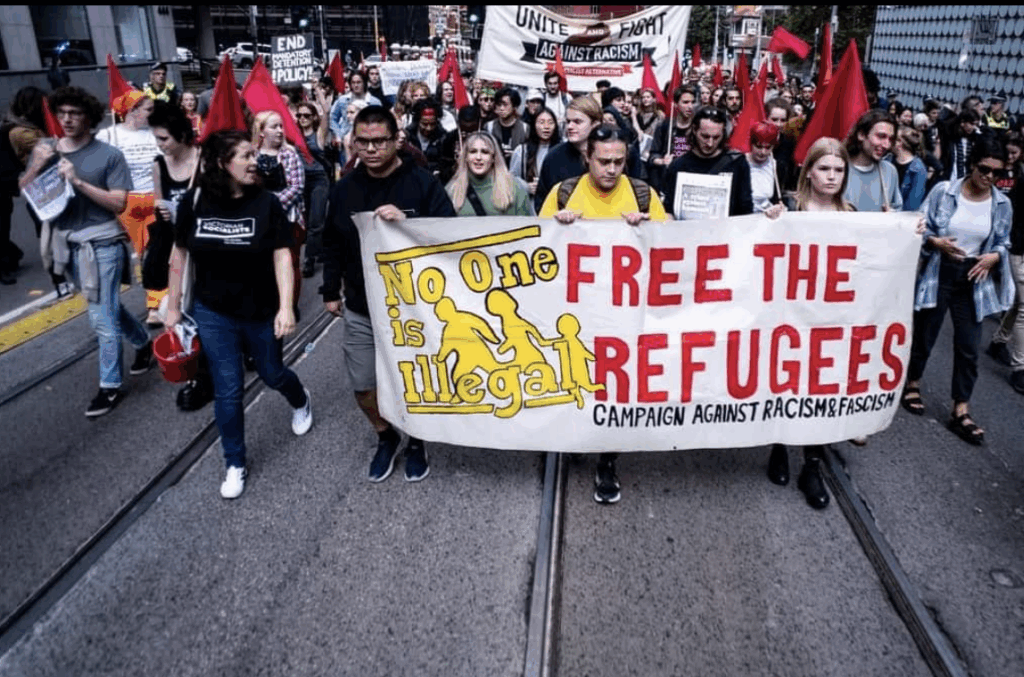
Is revolution necessary? If so, how do they happen? And how can they win?
The answers to these questions are important for anyone serious about changing the world. Marxists argue revolutions are essential in winning a world without inequality, oppression, and exploitation.
This session will go over what revolutions look like and why only revolution can bring about socialism.
Suggested reading:
Session Four – Racism, sexism and oppression
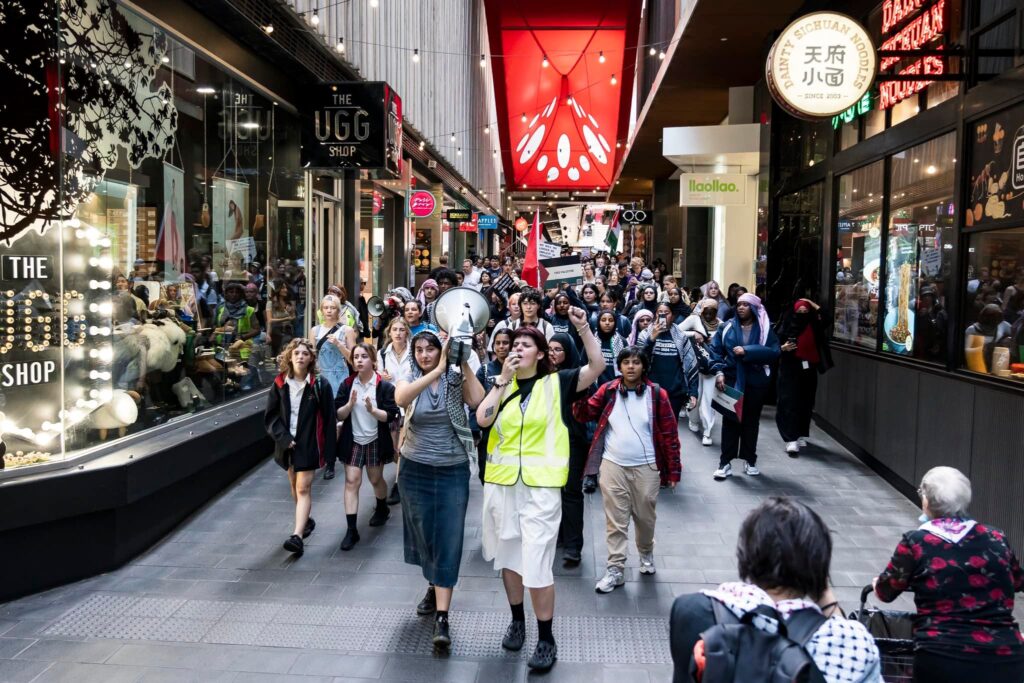
Racism, sexism, and oppression are essential to the running of capitalism.
They’re not just bad ideas that exist in people’s heads, but structures that divide and exploit the working class to benefit the capitalist class. Taking up the fight against oppression is key in challenging capitalism as a whole.
This session will go through where oppression comes from and how we can fight it.
Suggested reading:
Session Five – Socialist Organisation
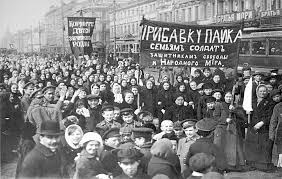
It’s important to be organized in a revolution, but why join a group now?
Socialist organization is how we build our politics, intervene and push struggle forward, and train ourselves in revolutionary politics.
This session will discuss what kind of organization we need to win socialism and answer all your questions about Socialist Alternative.
Suggested readings:
